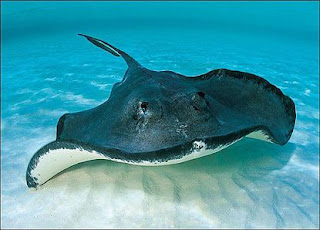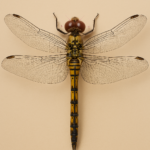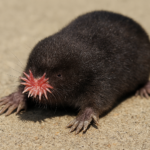
Manta rays are a diverse group of fish that are characterized by a flattened body. They are found in oceans in tropical and subtropical areas around the world. Stingrays like warm, shallow water. Most of the time they will be hidden on the ocean floor. There are 60 different types of stingrays some of them are threatened.
Here are some interesting Stingray Facts:
The skin of the ray is used as an under layer for the cord on Japanese swords due to its hard skin texture.
Largest stingrays can reach 6.5 feet in length and weigh up to 790 pounds.
Stingray’s bodies are formed up of the same type of cartilage in our ears and noses.
Stingrays are close relatives of shark. Like sharks, they don’t have bony skeleton. Their skeleton is made of cartilage, same material that builds our nose and ears.
Greek dentists once used Stingrays as an anesthetic.
Their flattened body ends with long tail that usually contains spine and venom. Spine can be serrated in some species.
Stingrays eat shrimp, clams, and mussels.
They use spine and venom to protect against predators. Stingrays can kill a lot of different animals, including humans.
Stingrays don’t use their eyes to find prey.
Ancient Greek dentists used stingray’s venom as anesthetic.
Steve Irwin, an Australian nature expert lost his life by a stingray’s bite.
People that live in the areas where stingrays can be found use their spines to make a weapon (daggers).
Stingrays belong to a group of fish called Elasmobranchs.
Venom remains deadly even if it is extracted from a dead stingray.
Stingrays give birth 2 to 6 babies a year.
Their eyes are located on the top of the head, but they don’t use eyes to find prey. Stingrays have electro-sensors which help them detect electrical charges that prey emits.
There are many different types of stingrays such as electric rays, stingrays, butterfly rays, manta rays, round rays, guitarfish, and sawfish.
Mouths are located on the bottom side of their body. When they catch clams, shrimps, and mussels, they will crash and eat them using their powerful jaws.
Stringrays have a flat body without a bony skeleton, just like sharks.
Besides mouth, they have gill slides and nostrils on the bottom side of their body.
There are around 200 different stingray species.
They swim by moving flippers up and down. These movements are similar with movements of the wings in birds and it is sometimes said that stingrays “fly” through the water.
Stingrays use their sensors to sense electrical signals emitted by their prey.
They are usually solitary, but they sometimes swim in the groups. Group of stingrays is called “school”.
The color and shape of their body allow them to slip under the sand and become invisible.
Most of their time, they will be hidden on the ocean floor. Shape and color of their body allow them to slip under the sand and become invisible for enemies.
The short-tail stingray is the largest of the stingray species.
Stingrays give birth to 2-6 young stingrays each year.
Stingrays eat their food by crushing with their powerful jaws.
Baby stingrays are born fully developed; they look like miniature versions of adult animals. Babies take care of themselves from the moment of birth.
Stingrays have been known to store sperm and not give birth until the timing is right.
They live 15-25 years in the wild.
Stingrays are commonly eaten in Malaysia and Singapore.








